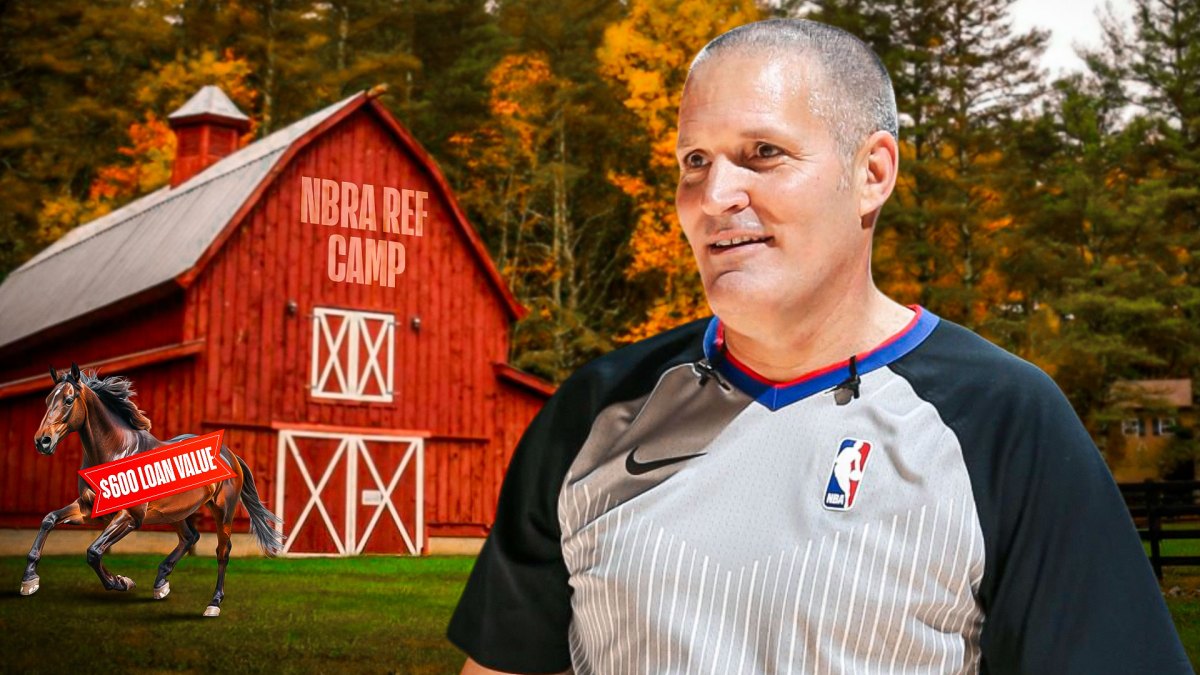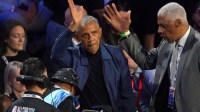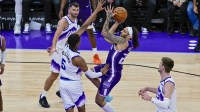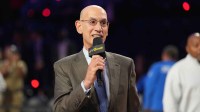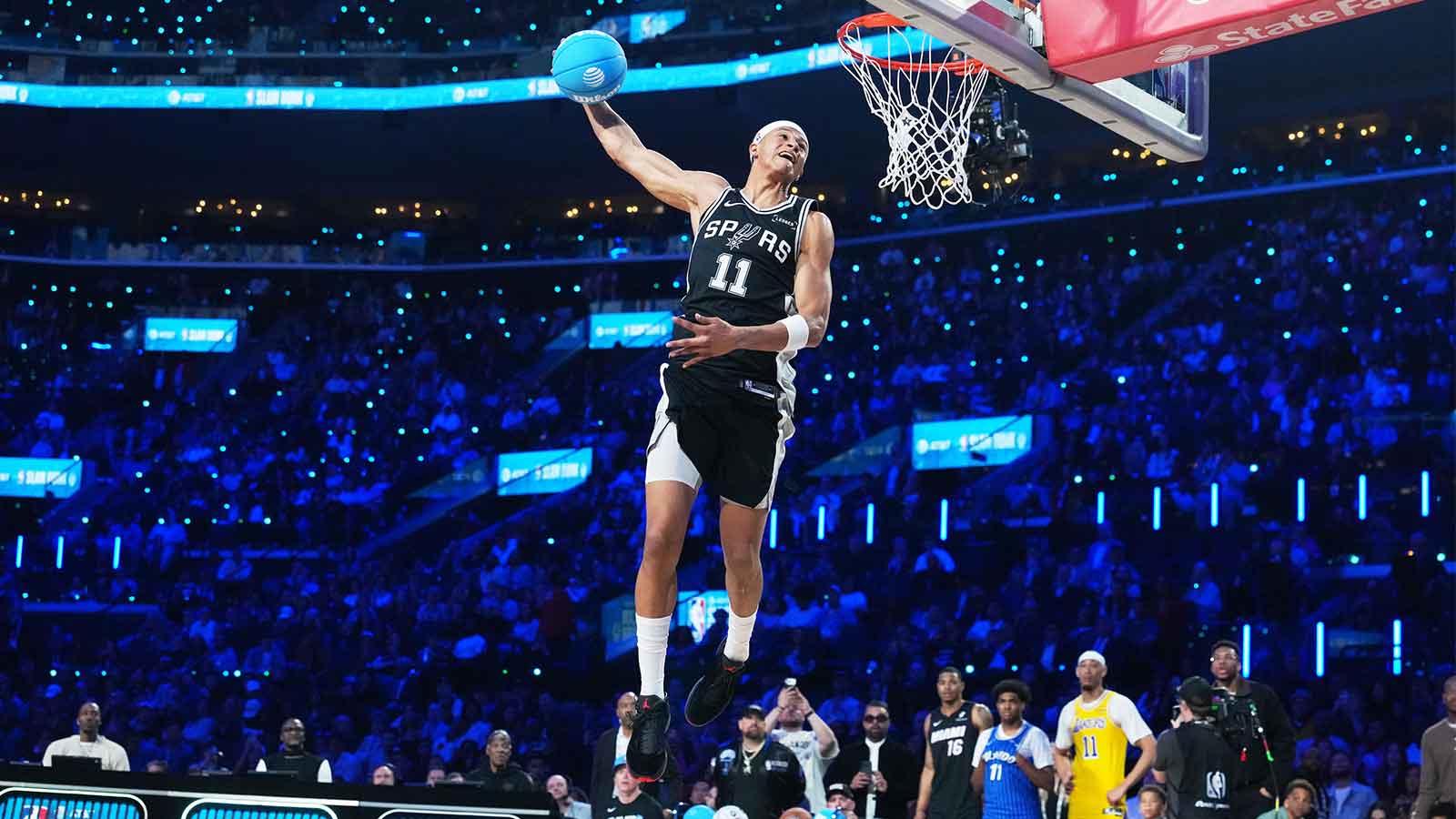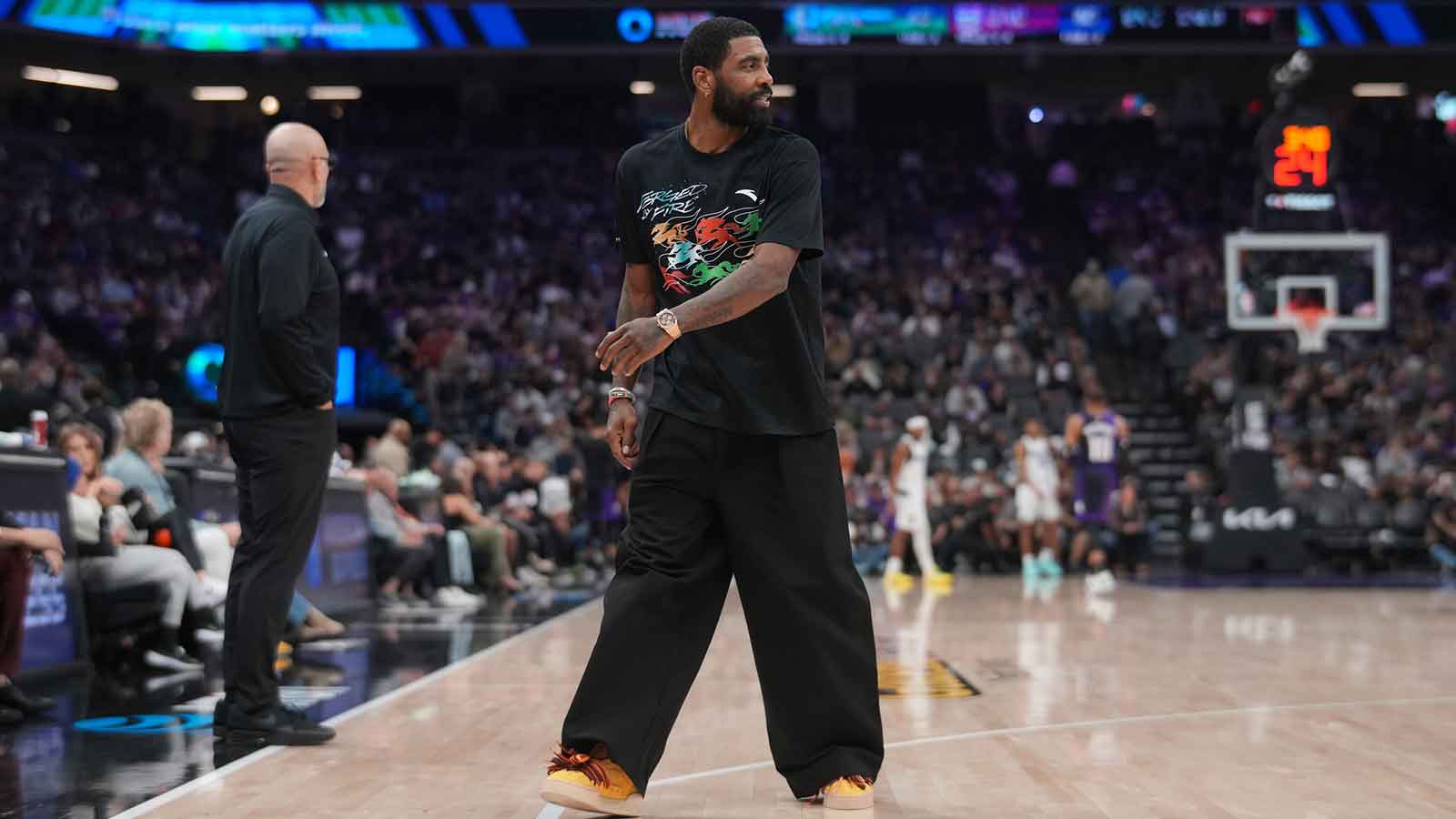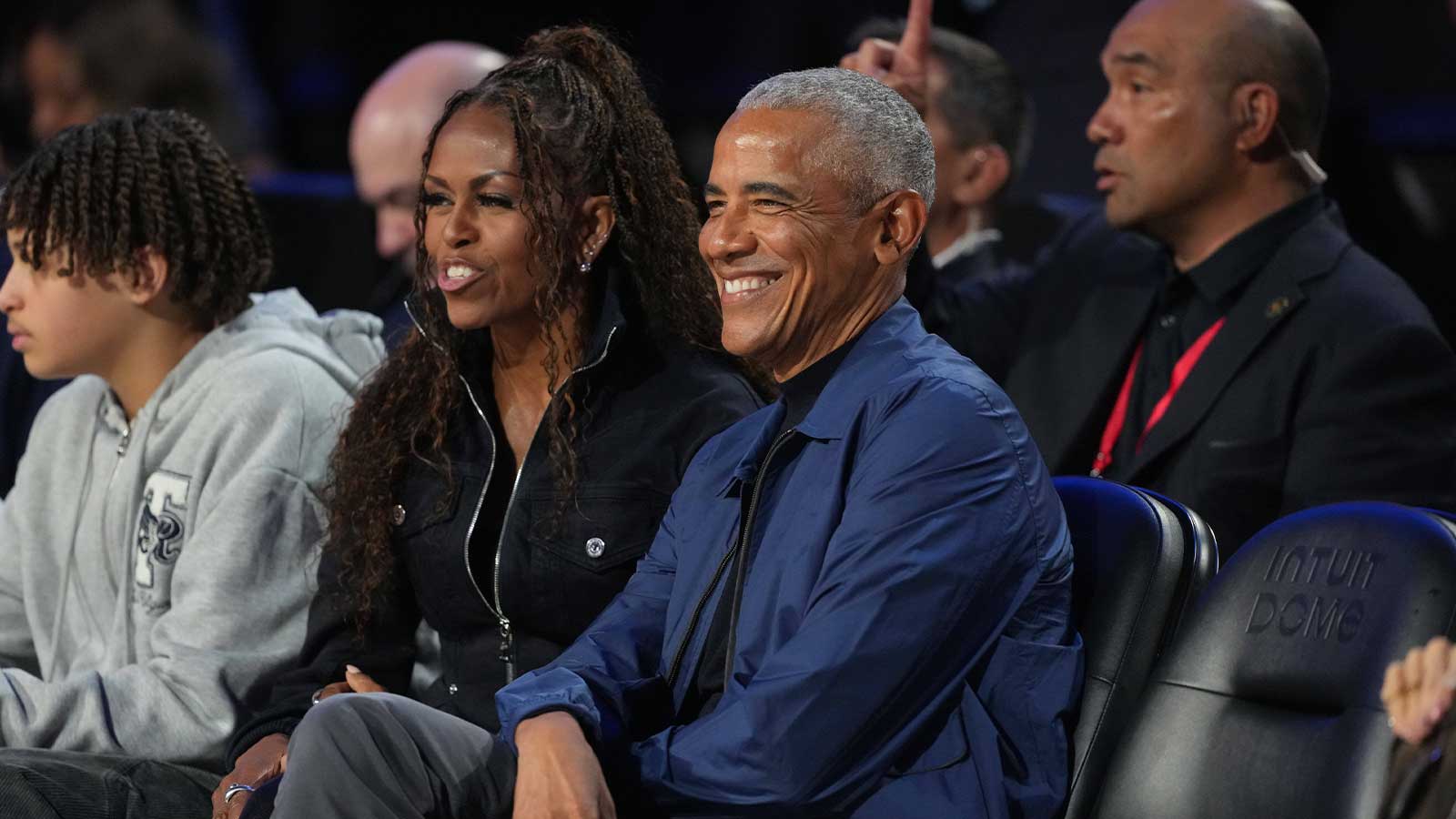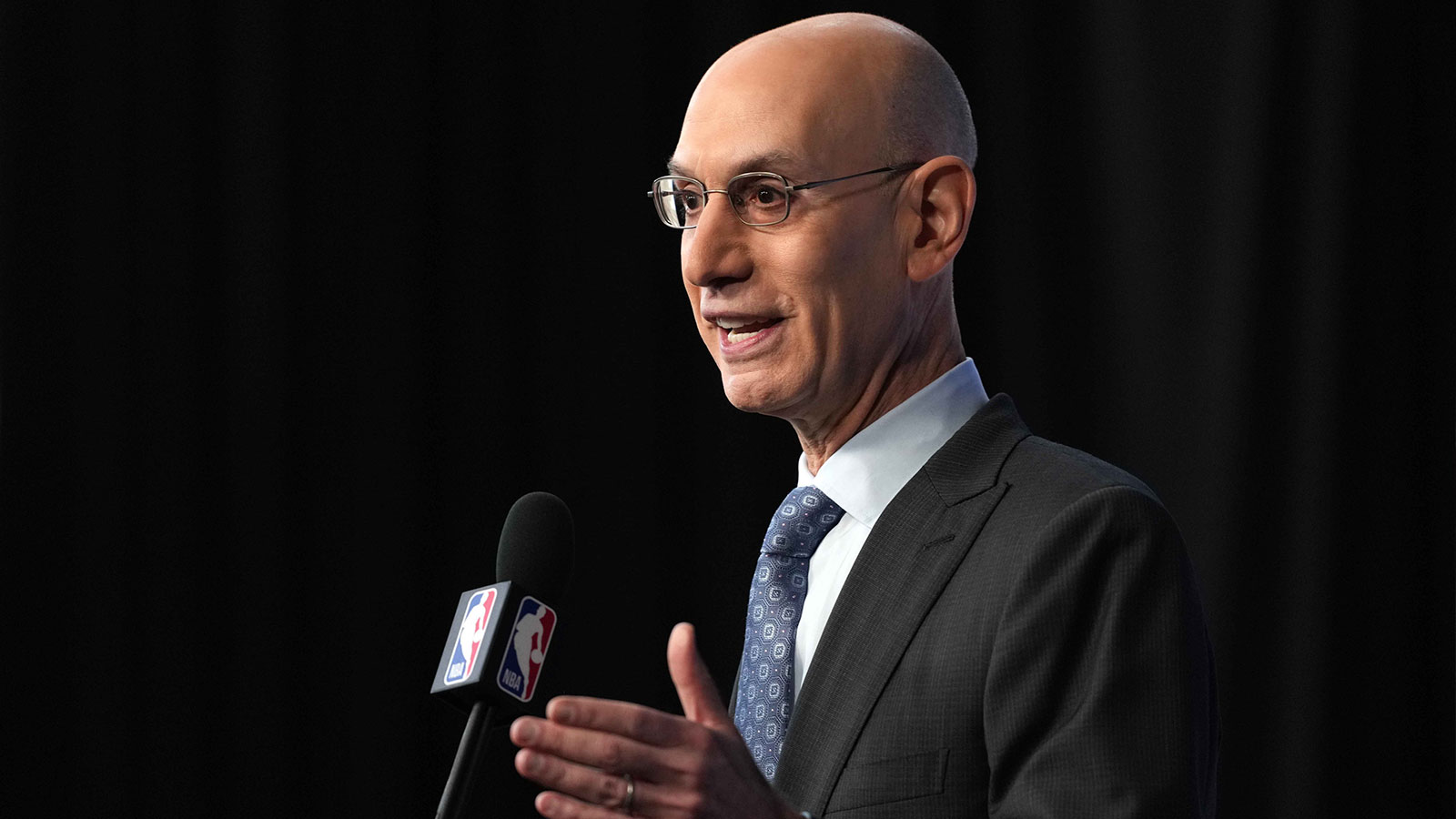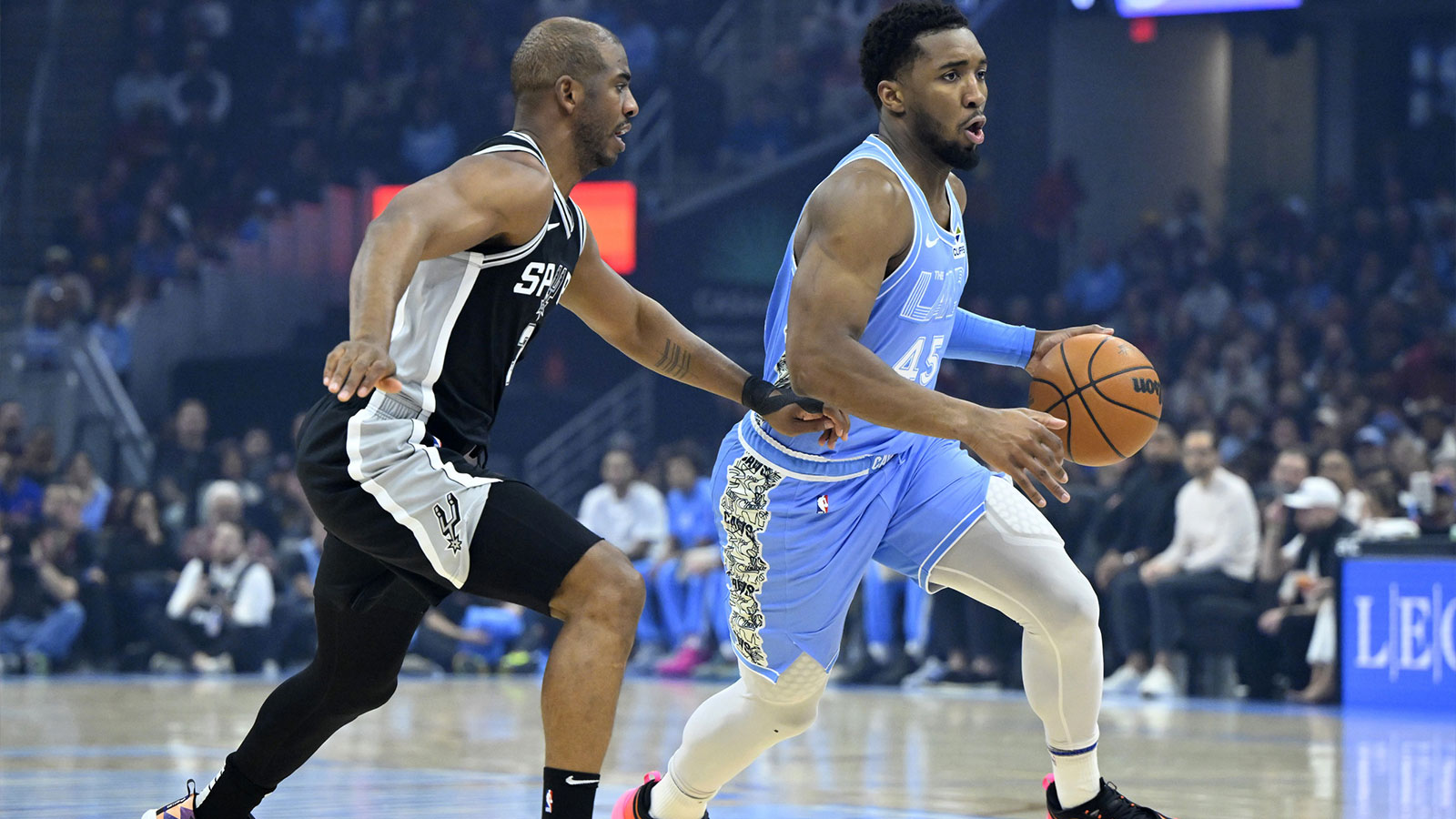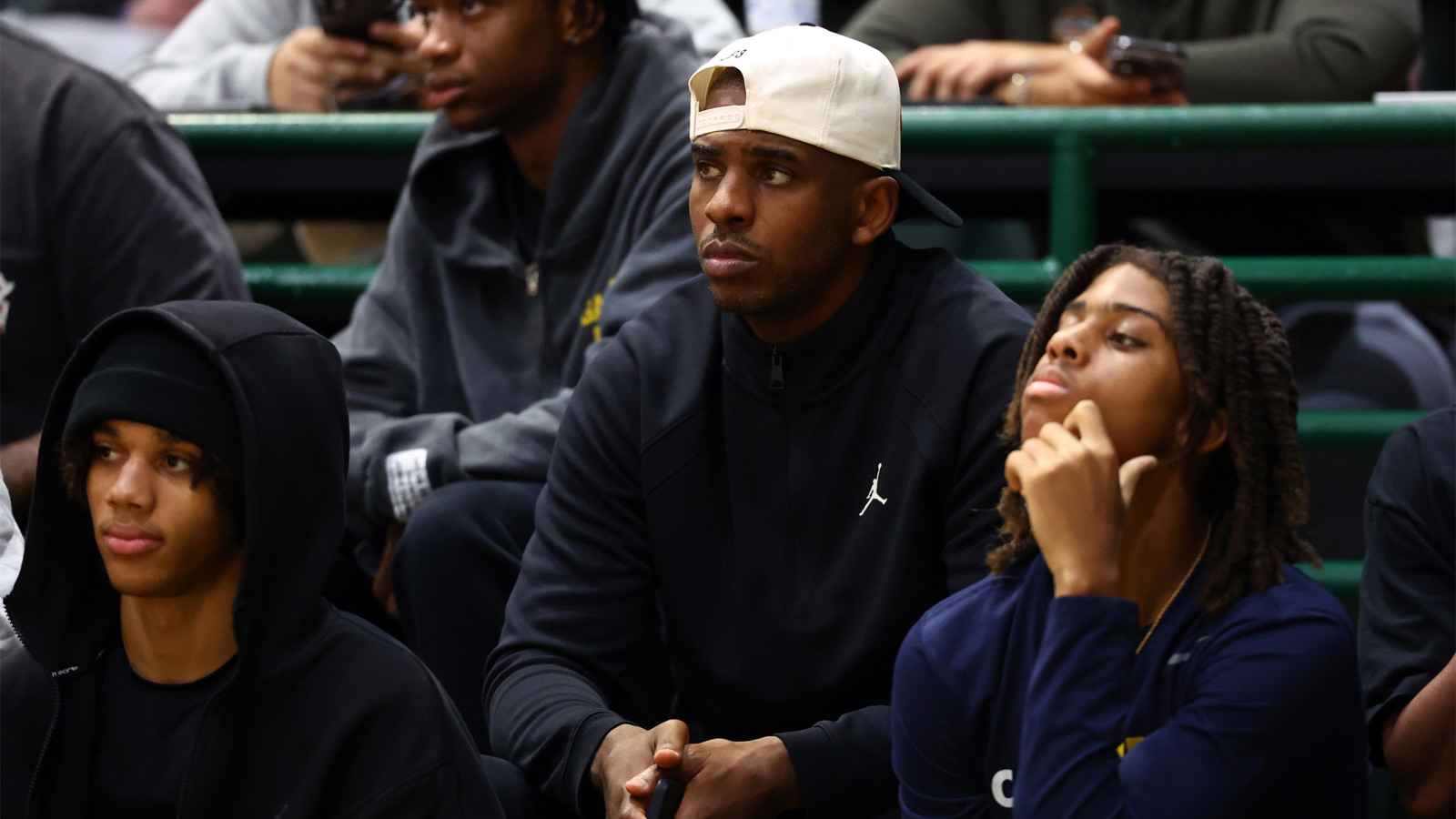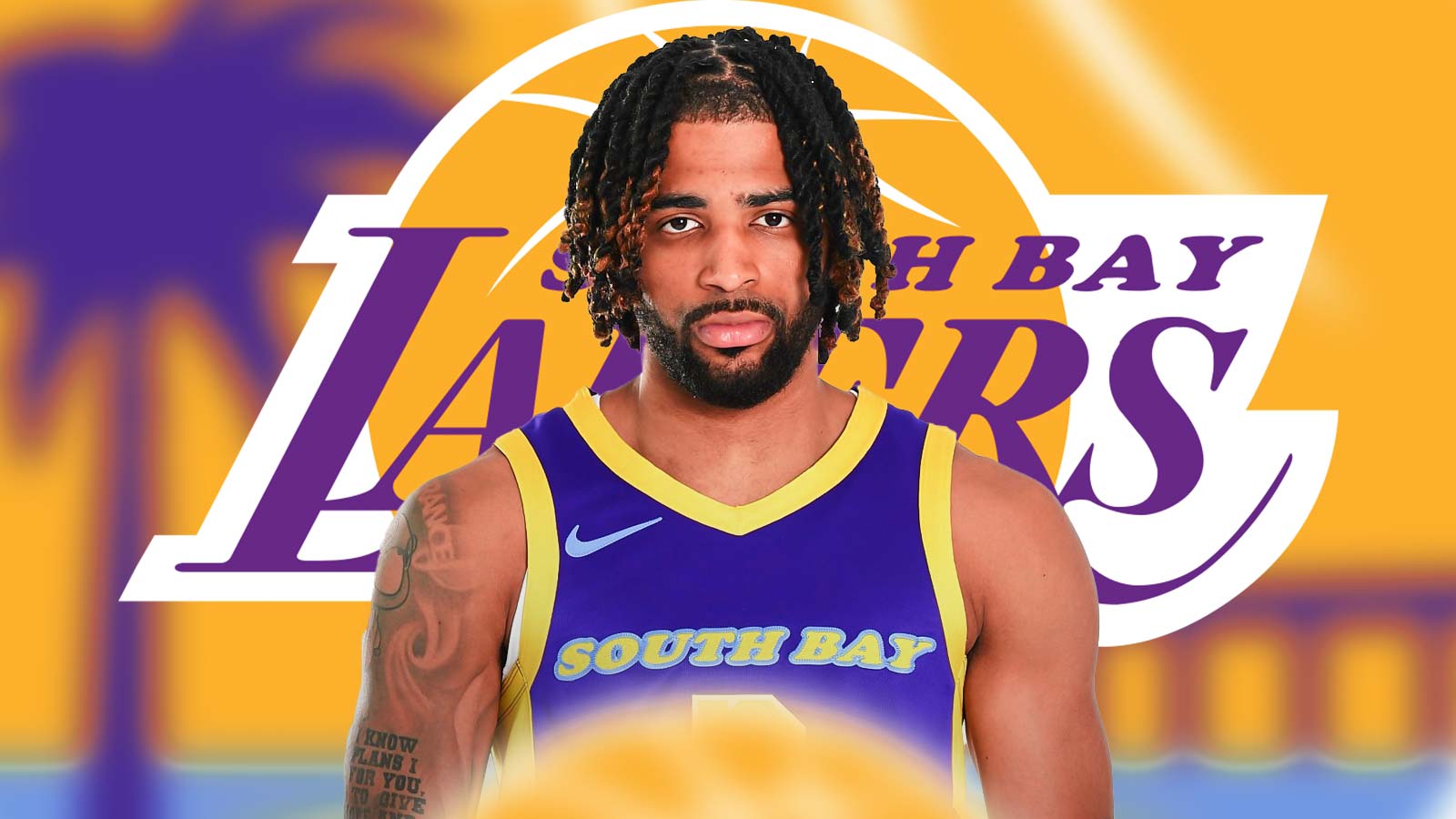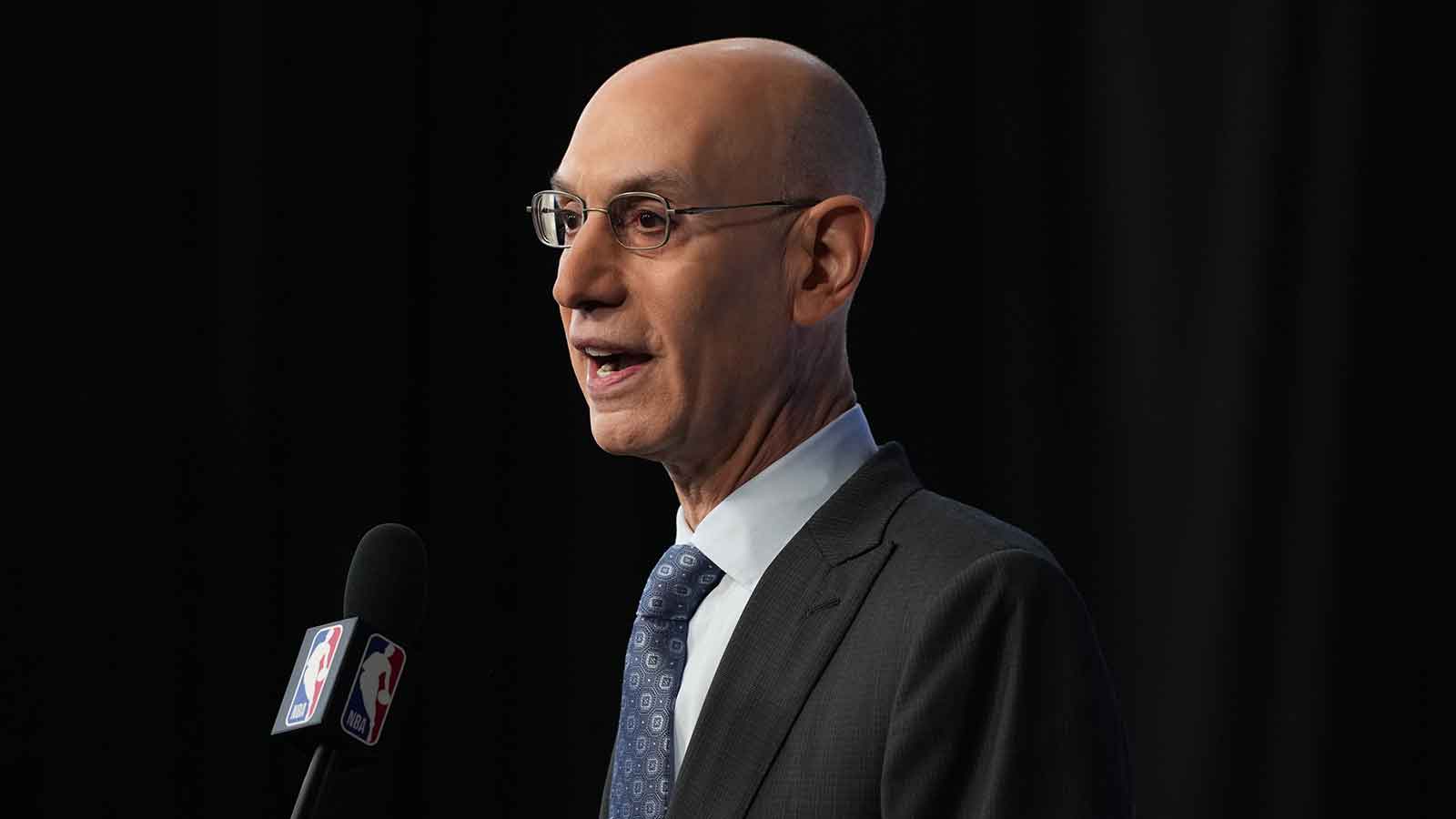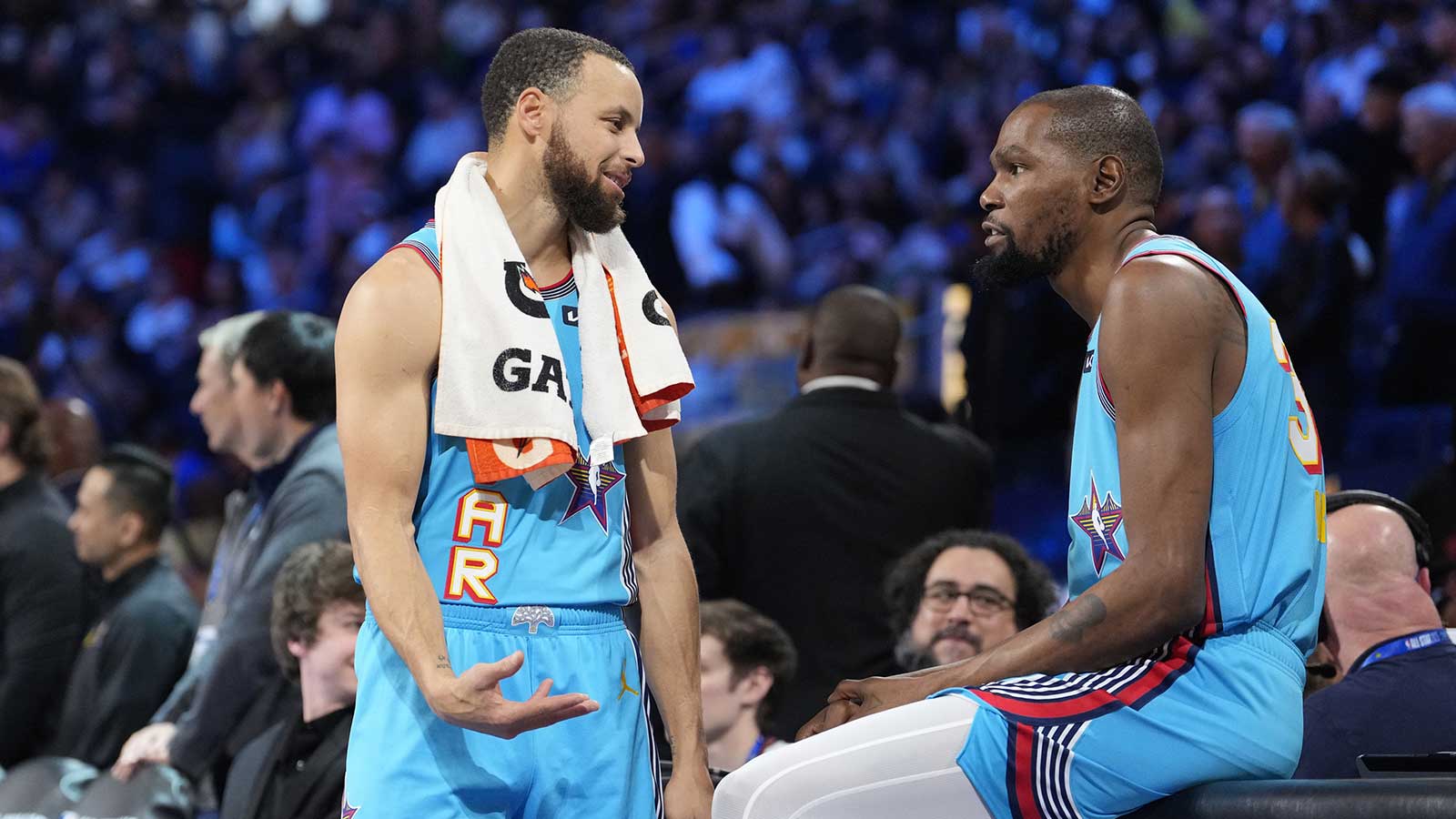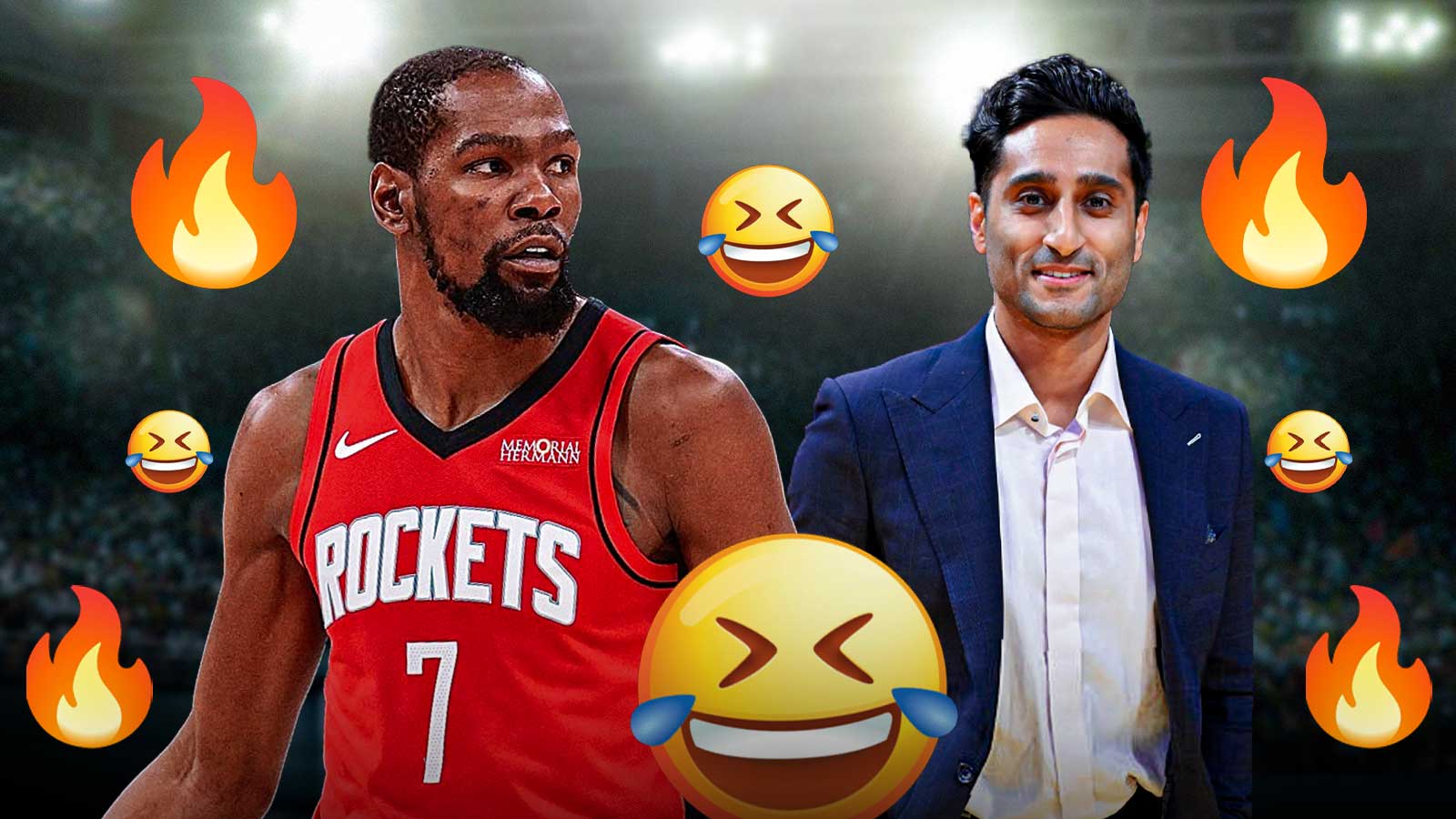In his younger days, Monty McCutchen, now the Senior Vice President and Head of Referee Development & Training for the NBA, had few prospects for a professional basketball career. Money was tight for his family and the junior college playing days were all but over, but he was driven to attend a referee camp to pursue a new path. To afford the cost, McCtuchen secured a $600 loan using an unusual form of collateral: the family horse.
“My dad was going back to get a PhD., so we didn't have a bunch of money,” McCutchen began, “but we had a horse. Back then, you could go to a local bank and use a horse for collateral. Somehow that horse got me $600 to be able to go out to that camp and mostly pay for it.”
That equine-based line of credit would prove to be one of the most consequential investments in basketball officiating history. What followed is a winding tale full of grit, adaptation, and an unwavering commitment to serving the game. McCutchen may have retired the NBA whistle, yet he is still blazing a unique path that guides the NBA's philosophy on identifying and training the next generation of top officials.
Monty McCutchen makes NBA call
McCutchen’s path to officiating started where many do: at the end of his playing days. After a modest high school career, the young hooper quickly realized the professional ranks were not in the cards.
“I was good enough to make a small, 1A-type level All-State team, but then when you go out into the bigger world, you realize that your talent is really kind of limited,” McCutchen continued. “We came from somewhat meager means and I needed to pay for my own college. I played a year at Ranger (TX) Junior College and realized this may not be my path, playing professionally. Anyways, I needed money so I started refereeing intramurals there at Ranger, and that is what that is, but I enjoyed refereeing enough to look into it further.”
What began as a side gig to make ends meet sparked a passion that would shape the game's future. Of course, McCutchen had to make that first call. Those teeth were cut in Texas junior high gyms. However, it was his father who first suggested turning refereeing into something more.
“I really, really enjoyed working junior high games,” McCutchen beamed. “Then my father, who is an interesting soul, asked about doing this as a career. And I was naive and dumb at that age. Not everyone is, but I was, so I wrote the NBA letter. It took them a couple of months to get back to me, but they sent me back mimeograph sheets of the rules. You know, the old blue mimeograph blueprints, where they had machine-rolled the original. It created these blue, smeary ink copies. It was the original copy machine.”
The rules, printed in the old blue, smeary ink, were his first professional “bread crumbs” toward an officiating career. One came in the form of a Dallas-based Pro-Am invitation, where a skeptical referee coordinator from the Continental Basketball Association warned that the games would “eat you alive.” Despite his youth, the bold, untested official was undeterred.
“I called Bill ‘Po Bill' Patterson, who said to contact the guy who runs the Pro-Am referees. He could sort of hear my youth and was quick to point out that these games would eat me alive,” laughed McCutchen. “I didn't know what he was talking about. This was in Dallas at South Oak Cliff. Real men were playing in that league. There I was, 20 years old, wanting to referee those games…Po Bill said to go to this camp instead.”
McCutchen had less than a week to rearrange his schedule and sort out the travel logistics to attend Hugh Holland's camp, which was paid for by that horse-backed loan.
“I went out to that camp run by Hugh Holland. A couple of other people from the Dallas area had gone out, and they spoke kindly of me,” McCutchen remembered. “Not highly, but kind of me.”
The persistence paid off. It did not take long to work a whistle in the professional ranks. McCutchen's character and consistency were undeniable.
“When I got back to Dallas, they started giving me games that summer, not even waiting until next summer,” McCutchen bragged. “I ate up those breadcrumbs and kept going back out to Hugh Hollins camp the next two summers, graduated, and moved to Los Angeles. Then I got placed into the Continental Basketball Association when I was 23 years old, which was very young, and that is where the bread crumbs started.”
Not quite ready for the desserts of a full-on away-from-the-game retirement, McCutchen is stressing excellence over perfection to the NBA‘s next generation.
Life of separation, sacrifices
From a horse-backed loan to a career shaping the NBA’s officiating standards, Monty McCutchen’s journey reflects a deep commitment to basketball as a learning tool. A management and training philosophy that prioritizes growth, accountability, and empathy guides the next generation of referees. Whether they reach the NBA's pipeline or excel in other leagues, the focus remains on fostering officials who serve the game with integrity.
“If you don't make our league, it doesn't mean you're not a good official,” McCutchen asserted. “It does mean that we think we're getting the people who best represent a vetted process to represent and serve the game of basketball at its two highest levels.”
Significant sacrifices will be required; snail mail will no longer suffice for those seeking an opportunity. The path McCutchen once walked is now a highly structured, incredibly selective pipeline “around ten times harder to get accepted into” than Harvard. An arduous years-long educational journey before breaking into the G-League ranks is just part of the process. Being perfect is not according to the NBA referee development system's architect.
“Everyone thinks if they're in front of NBA management for the first time, they have got to be perfect,” sighed McCutchen. “That's one of my least concerns. I understand why someone would feel that, but that's not what refereeing is. It's not about perfection. It is about attaining these ideas and parameters of excellence, and the way you do that is to speak openly and honestly. Then it is really easy to see whether someone is defensive or whether they want to learn and have a curious mind in that way.”
Perhaps the most overlooked factor in referee development has nothing to do with basketball skills.
“The other thing that really starts to set referees, and I have a lot of empathy towards this portion of what separates, is that not everyone's life is conducive to the difficult nature of higher levels,” McCutchen suggested. “There's an enormous amount of travel involved, an enormous toil it takes on the families of a referee at higher levels. That toll it takes is not for every family. I have a lot of empathy if your life is not set up for the difficult nature of the off-court portion of being a referee at the higher levels.”
McCutchen is careful to note that choosing family over career advancement doesn't diminish someone's ability. Falling short of an NBA officiating dream does not equal failure. In fact, it might be a sign that a person has some sense.
“Falling short of the NBA grassroots pipeline cut, that most certainly does not make you a bad referee. It most certainly may make you an awesome human to choose the right things in life, not to say that NBA referees don't,” McCutchen said. “I am saying that there's a real sacrifice to these lives that can separate referees. For example, I was really young. It wasn't difficult for me to move to Los Angeles as a 22-year-old college graduate and try to figure life out. If we catch someone at 27 with two children living in a high-level basketball desert of sorts, that's a much more difficult prognosis.”
Some referees are simply better suited for different leagues for different reasons. One referee might prioritize a regional circuit due to family commitments. Another may lack the work history needed, thanks to being located in a basketball outback instead of a big city where the volume of high-level games available for evaluation is greater. NBA decision-makers scout officials from every angle.
“People who don't make the NBA, WNBA, or G League, we are super excited when we see them apply good training to their NCAA games,” McCutchen gushed. “I love it when we catch them on TV once you become part of our pipeline. Of course, we can't do this for every single person, but we had someone in the G League who it didn't work out with them for us. We saw them in an NCAA tournament game, and they were just so good in that game. Duke Callahan, head of the G League, and I reached out to that referee post-game because we are invested in people's growth. We get super excited when people apply good training and have success wherever it might show.”
The training process deliberately puts candidates in challenging situations to evaluate their capacity for growth. Perfection is unattainable after all. However, just getting to the gym in the right mindset is paramount to a good game's work.
“The other thing that really starts to set referees,” McCutchen noted, “and I have a lot of empathy towards this portion of what separates the referees, is that not everyone's life is conducive to the difficult nature of higher levels.”
That statement should resonate with the players, fans, and, well, anyone wanting to really make a space for themselves in the game. Remember to pack a bag though. As Monty McCutchen can attest after over three decades on the job, the travel is brutal and today's loan officers are far more selective with collateral.

